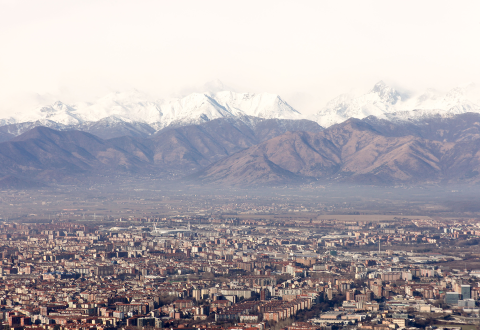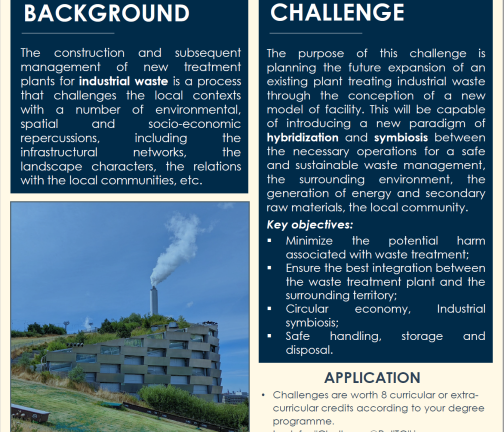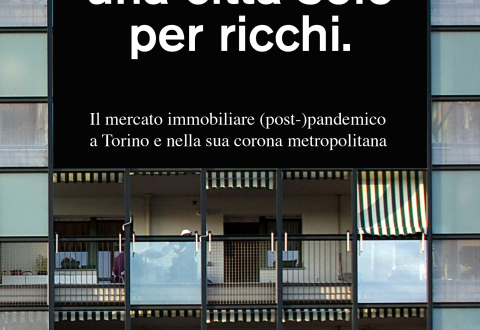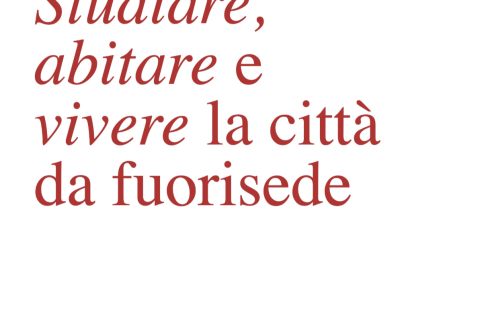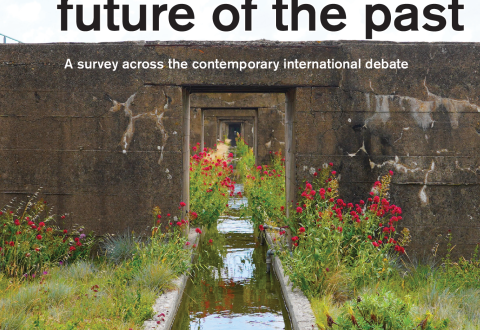Latest in Research
Torino e i suoi fiumi
Turin and its rivers
Partendo dall’elaborazione di un quadro analitico del sistema fluviale torinese, il progetto Torino e i suoi fiumi si propone di identificare scenari trasformativi per i contesti fluviali della città.Tali scenari sono intesi come strumento in grado di svelare potenzialità progettuali, traducendole in una visione d’insieme capace di dirigere sviluppi coerenti e coordinati.La ricerca ha tre macro-obiettivi:(1) Riportare l’attenzione sul patrimonio naturale della città, inteso anche come dispositivo di risposta agli...
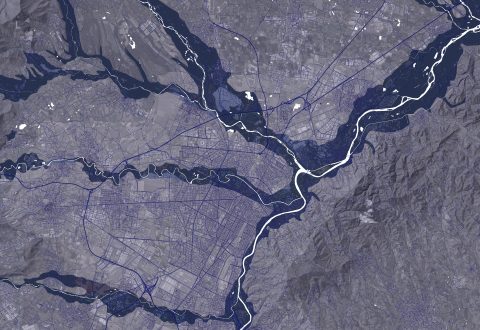
TOWN & GOWN: Le città modellate dalle popolazioni studentesche
Cities shaped by student populations
Le aree urbane del Nord Italia hanno vissuto negli ultimi decenni trasformazioni critiche nella loro struttura socio-economica e hanno visto le università diventare attori chiave, fungendo da magneti sia per gli investimenti economici sia per la popolazione studentesca fuori sede. Le città che stanno rafforzando il loro ruolo di centri di istruzione superiore sperimentano processi di trasformazione che mettono a...
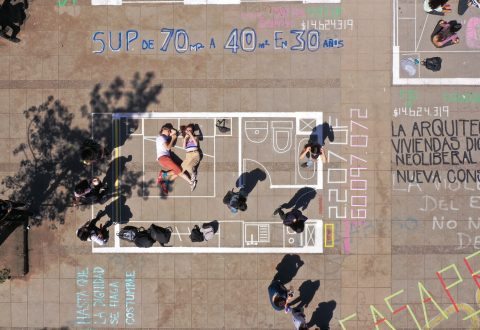
ToMove
Il progetto "Living Lab ToMove" fa parte del Piano Nazionale Complementare "MaaS4Italy - Mobility as a Service for Italy" che promuove lo sviluppo di nuovi servizi alla mobilità, basati sull'adozione di paradigmi della mobilità come servizio (MaaS) nelle città metropolitane per digitalizzare i trasporti locali e fornire agli utenti un'esperienza di mobilità integrata, dalla pianificazione dei viaggi ai pagamenti attraverso...
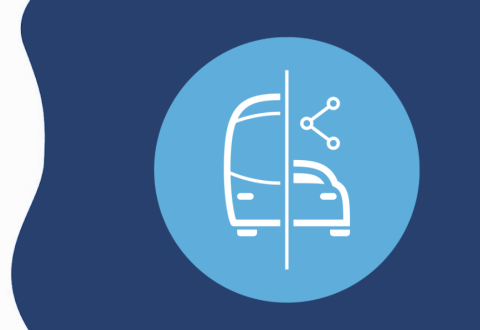
Un modello di rigenerazione per le aree interne: Castel Del Giudice
A model of regeneration for inland areas
Partendo dall’assegnazione del finanziamento del bando PNRR-Borghi linea A, Castel del Giudice (IS) diventa un laboratorio reale per attuare una strategia integrata di rigenerazione, che mira al ripopolamento del paese e l’attivazione di funzioni per una nuova abitabilità nelle aree interne. Il team di FULL fa parte di un pool di università (UniMol, Sapienza, Università dell’Aquila) al supporto della strategia...
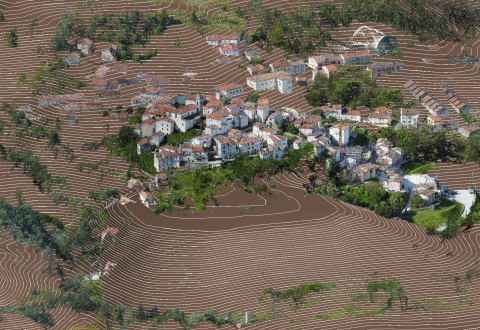
Poveri noi: la povertà energetica delle famiglie italiane
Energy poverty among Italian households
Il problema della povertà energetica delle famiglie italiane – ossia, della difficoltà di sostenere le spese per i servizi energetici essenziali (tra cui figurano principalmente riscaldamento, raffrescamento, acqua calda sanitaria e usi elettrici connessi a illuminazione e elettrodomestici) al fine di non compromettere la salute e benessere in ambito domestico – non è certo nuovo. Da sempre le spese connesse...
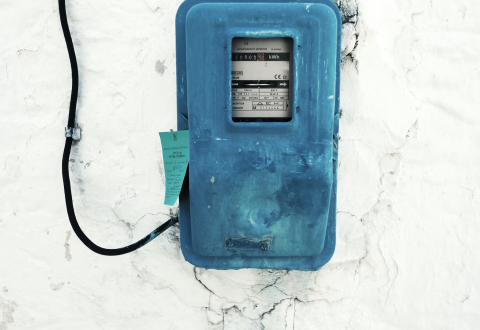
Health facilities in low resources and/or remote locations
The collaboration that FULL started in 2020 with WHO proved an ongoing source of research on facilities and best practices for dealing with health issues in remote areas or low-resource contexts. Here we show a summary of five initiatives carried out also with UCREDD, World Food Program, and UNHRD Innovation Lab.
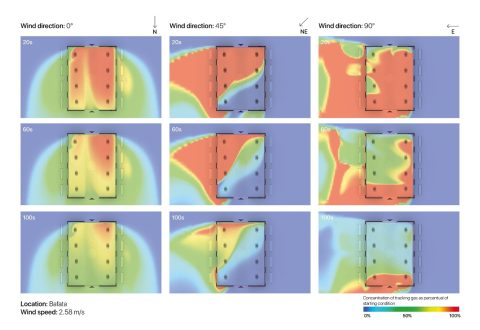
Città del Futuro – didattica interdisciplinare sui temi urbani.
Interdisciplinary teaching on urban issues.
La Città di Torino è ufficialmente rientrata fra le 100 “Climate-Neutral and Smart Cities by 2030”, candidandosi a diventare un importante hub di sperimentazione e innovazione in ambito climatico a livello europeo.Prendendo spunto da questa sfida il Politecnico di Torino ha affidato a FULL la progettazione ed erogazione del corso “Città del Futuro - Soluzioni smart e approcci contemporanei”, rivolto...
